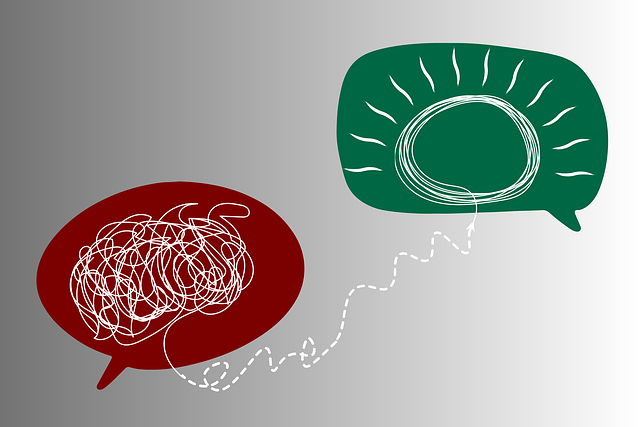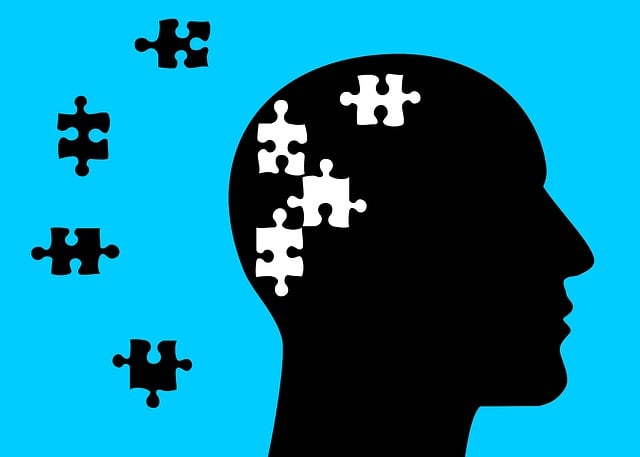Creating a safe, supportive environment through active listening, empathy, and inclusive language is crucial for effective mental wellness groups focused on Golden Women's Issues Therapy. Facilitators must be mindful of power dynamics, unconscious biases, and personal boundaries to foster open communication. By establishing trust, promoting equal participation, and ensuring confidentiality, these groups empower women to share experiences, build community, and enhance their mood management skills, ultimately contributing to improved overall well-being.
Mental wellness group facilitation is an art that empowers women to navigate their emotional journeys. In this article, we explore powerful techniques to facilitate supportive communities where participants feel safe to share and grow. From creating a welcoming space and fostering open dialogue to effective communication strategies and empowering reflection, these practices are tailored to address Golden Women’s Issues therapy needs. Discover how facilitators can guide groups towards enhanced mental wellness through structured exercises, active listening, and practical tools, leaving participants equipped with valuable insights and actionable steps for sustained well-being.
- Establishing a Safe and Supportive Environment
- – Creating a welcoming atmosphere for open dialogue
- – Fostering trust and encouraging vulnerability among participants
Establishing a Safe and Supportive Environment

Creating a safe space is paramount when facilitating mental wellness groups for women. This involves cultivating an atmosphere of trust and non-judgement where every participant feels seen, heard, and valued. Incorporating practices like active listening, open-ended questions, and validating emotions helps to foster a sense of community among the group members. A supportive environment encourages honest discussions about challenging topics, promotes emotional expression, and facilitates meaningful connections.
For facilitators, it’s crucial to be mindful of potential barriers that might hinder open communication. This includes being aware of power dynamics, unconscious biases, and personal boundaries. Utilizing inclusive language, promoting equal participation, and ensuring confidentiality can significantly contribute to a safe haven where women can explore their mental health journeys without fear of stigma or judgment. Such an environment is essential for effective group therapy sessions, especially when addressing complex Golden Womens Issues Therapy topics, while also empowering members to develop crucial mood management skills and enhance their overall well-being.
– Creating a welcoming atmosphere for open dialogue

In facilitating mental wellness groups for women, cultivating a welcoming atmosphere is paramount to encourage open dialogue and foster a sense of community. This involves creating a safe and non-judgmental space where every participant feels seen, heard, and valued. By utilizing Emotional Healing Processes such as active listening and empathy, facilitators can help members build trust and feel comfortable sharing their experiences. Encouraging honest communication requires a blend of Communication Strategies, including open-ended questions and reflective statements, that allow participants to express themselves freely.
The role of Emotional Intelligence is crucial in navigating the dynamic interactions within a group setting. Facilitators should model emotional awareness by recognizing and validating different perspectives, which not only strengthens bonds but also aids in understanding complex Womens Issues. Through these practices, the group can create an environment where members feel empowered to engage in meaningful conversations, fostering collective healing and growth.
– Fostering trust and encouraging vulnerability among participants

Fostering trust within a mental wellness group is akin to unlocking the door to profound healing and growth. Creating a safe space where participants feel comfortable sharing their experiences, emotions, and vulnerabilities is essential. As facilitators, it’s crucial to model openness and authenticity, sharing relevant aspects of your own journey (without oversharing) to encourage others to do the same. This vulnerability breeds empathy, understanding, and a profound sense of connection among group members—a critical component for addressing complex Golden Women Issues Therapy challenges.
Encouraging trust goes beyond mere words; it requires establishing clear boundaries, ensuring confidentiality, and creating structured yet flexible meetings that allow space for individual voices. Incorporating interactive activities and promoting active listening further strengthens this environment of safety. When participants feel heard, seen, and valued, they’re more likely to engage in meaningful conversations about burnout prevention strategies (for healthcare providers), risk management planning (for mental health professionals), and advocate for positive changes through mental health policy analysis—all vital components of holistic well-being.
Group facilitation techniques, particularly those tailored for mental wellness among women, can create a powerful space for healing and support. By establishing a safe haven where open dialogue is encouraged and trust fostered, as discussed in this article, facilitators enable participants to embrace vulnerability—a cornerstone of effective Golden Womens Issues Therapy. This approach not only enhances individual well-being but also contributes to a richer, more interconnected community. Remember, navigating mental wellness is often a challenging yet rewarding journey, made easier with the right tools and supportive environments.









